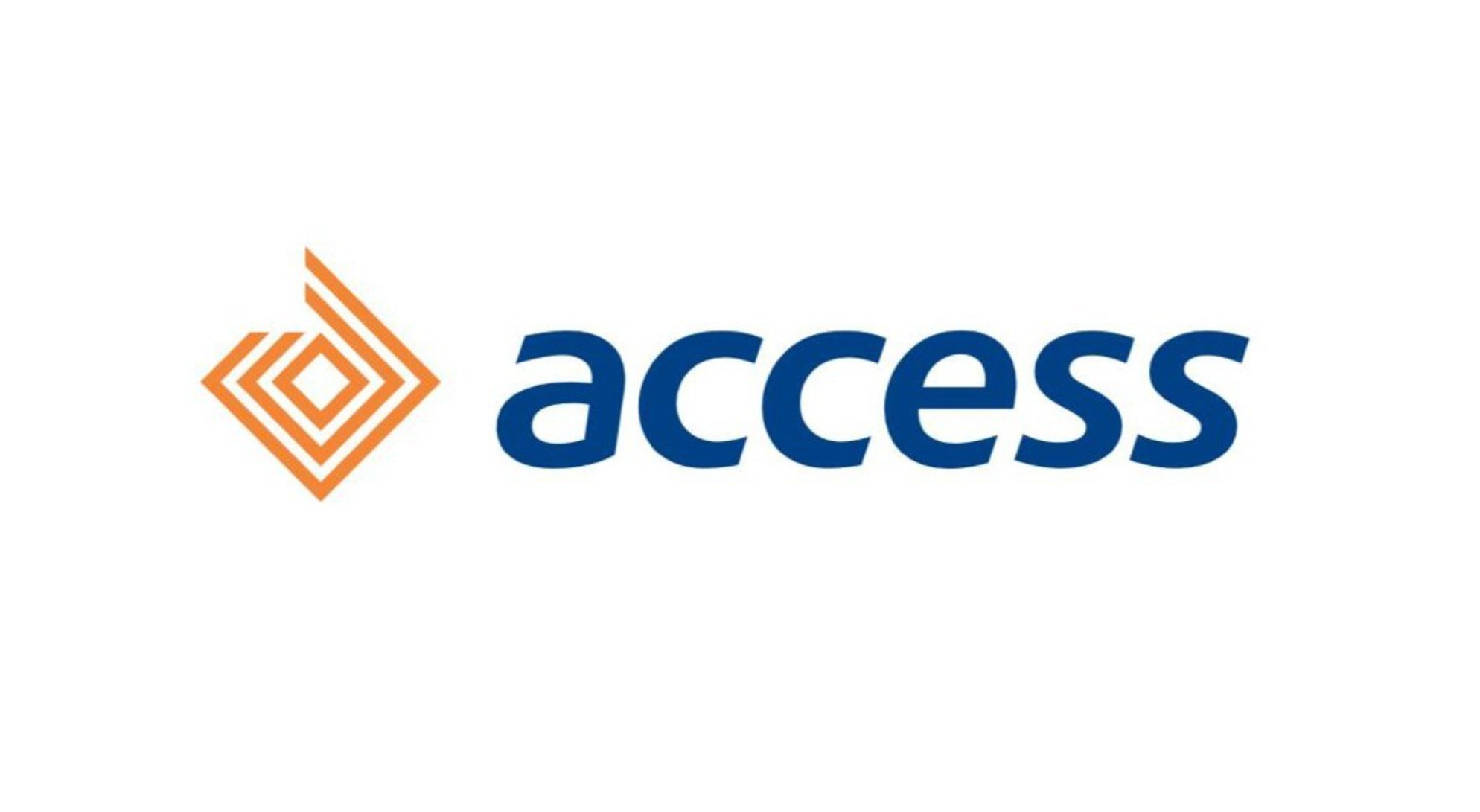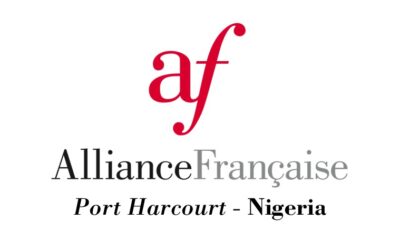Business
Access Bank, Others Begin Facebook Programme For Female Entrepreneurs

Access Bank Plc, in partnership with She Leads Africa, have concluded the first phase of a Facebook programme to assist female entrepreneurs leverage digital platforms to drive growth in their businesses.
Group Head, Corporate Communications, Access Bank Plc, Amaechi Okobi disclosed this in a statement in Lagos, yesterday.
Okobi said that the programme, which had the theme: “#SheMeansBusiness’’ was aimed at scaling up the skills of small business owners to leverage social media platforms in accessing more markets in Nigeria and beyond.
He said that the training which kicked off in June was held in Abuja, Lagos, Enugu and Ibadan with over 500 female business owners in attendance.
Speaking on the programme, , Executive Director, Retail Banking, Access Bank Victor Etuokwu said the bank was always at the forefront of leveraging technology to drive emerging businesses.
“The idea behind this partnership and empowerment programme is to give our SME customers an opportunity to expand their access to market and increase their visibility to potential customers.
“There are over two billion people on Facebook globally and over 65 billion WhatsApp messages exchanged globally on a daily basis.
“With the right knowledge, our customers can showcase their products to large audiences as well as get leads that will take their businesses forward,” he said.
Also, , Regional and Sales Director, Lagos Mainland of Access Bank, Chigozie Onyeocha, said the bank believed that if SMEs were well supported, the country’s economy would benefit in return.
“We have millions of SME businesses in Nigeria in this category, employing over 60 million Nigerians presently.
“For us, we believe if we support the SMEs sector right, we will have a better economy,’’ he said.
Onyeocha added that the bank initiated the programme because of its belief that women were better managers.
“Women are better managers, and if we engage them well and provide them with the necessary materials and opportunities to grow their businesses, it will help our mission which is to boost the nation’s economy.
“We have loan facilities for women at a low-interest rate, encouraging them to do their businesses right.
“Our goal is to have more empowered women which we believe will deliver a better economy,’’ Onyeocha said.
Also, She Leads Africa’s Digital Marketing Trainer, Adeyemi Adedayo, said the programme was designed for women to upscale and boost their businesses, using Facebook’s family apps, including Messenger, WhatsApp and Instagram.
Adedayo said feedback from the business owners engaged thus far had been tremendous, adding that the initiative had birthed futuristic businesses that would drive the economy.
He lauded Access Bank for keying into the objective of Facebook’s human empowerment to achieve a robust economy.
One of the participants, Bolanle Alabi, who is the Chief Executive Officer (CEO), Easy Flight Travels, Lagos, said the training taught her to locate and attract her target audience, give direct information and create the right profile.
Business
NPA Assures On Staff Welfare
Business
ANLCA Chieftain Emerges FELCBA’s VP
Business
NSC, Police Boost Partnership On Port Enforcement
-
Business3 days ago
Coy Expands Pipeline Network In Rivers
-
Sports3 days ago
NBBF Releases D’Tigress Provisional Roster
-

 News3 days ago
News3 days agoCourt Arraigns Rivers Traditional Ruler Over Impersonation, Other Charges
-
Niger Delta3 days ago
Monarch Hails Diri’s Developmental Strides … Alleges Neglect By Oil Firm
-
Politics3 days ago
Church Bans Political Speeches On Pulpits
-

 Entertainment4 days ago
Entertainment4 days agoWorld Music Day: Alliance Française Port Harcourt Showcases Talents
-
Business3 days ago
Ministry, Firm Sign Pact To Boost Digital Trade
-
Sports3 days ago
Ajunwa Blames Poor Leadership For Athletes’ Exodus

